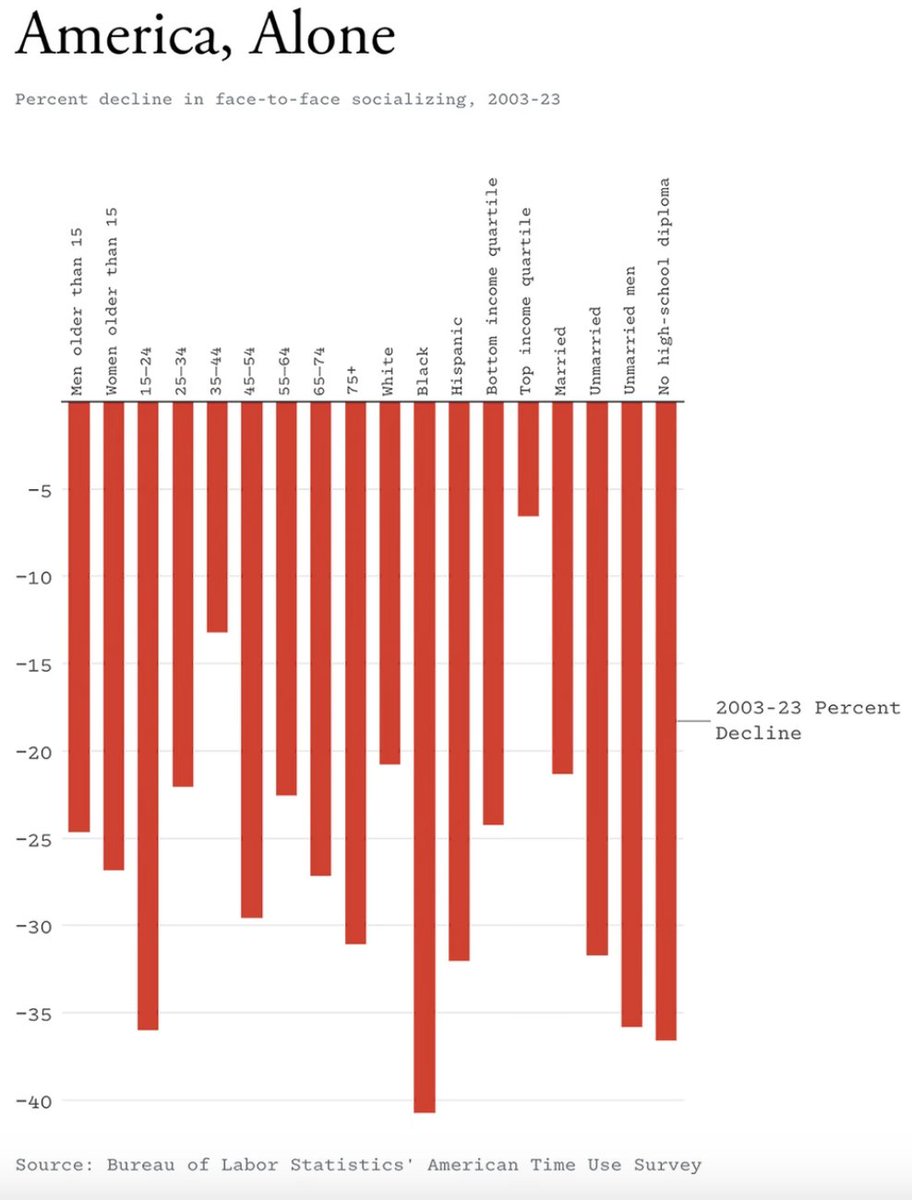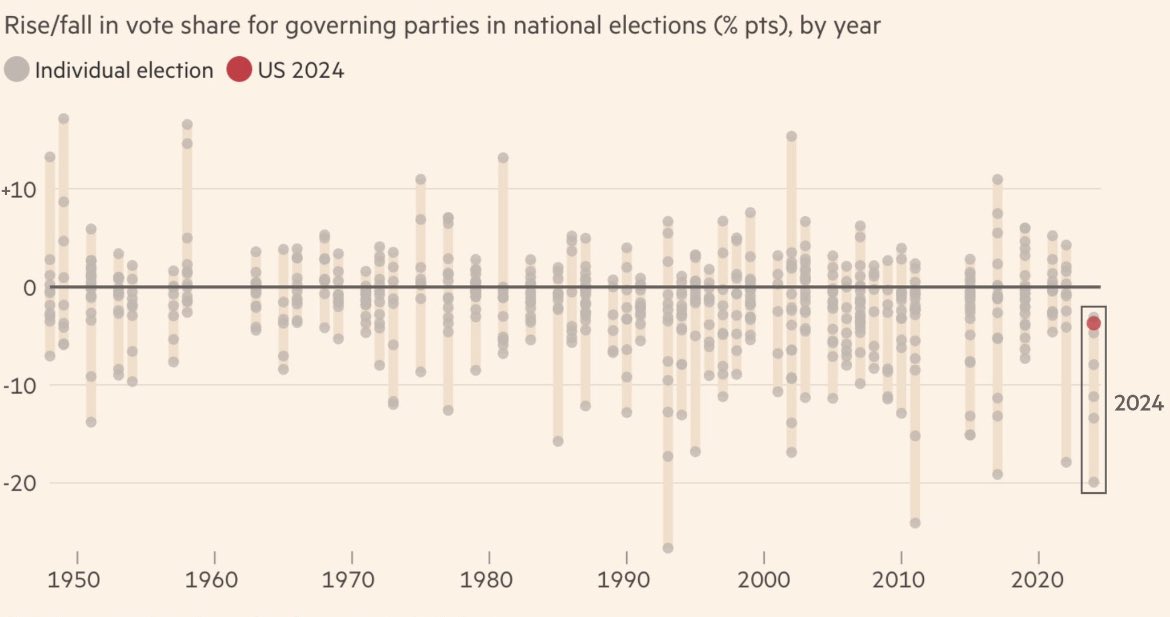I wrote about the data showing Americans really, really don't want to go back to the office
theatlantic.com/ideas/archive/…
I think we're still only just beginning to understand the ripple effects of Peak Office on downtown economies, the geography of labor, and the future of work
theatlantic.com/ideas/archive/…
I think we're still only just beginning to understand the ripple effects of Peak Office on downtown economies, the geography of labor, and the future of work
1/ First, the data.
Stadiums are packed. Travel is back. Restaurant reservations are surging. But office occupancy is moribund.
Even movie theaters—a business sometimes written off as “doomed”—have recovered almost twice as much as offices.
Stadiums are packed. Travel is back. Restaurant reservations are surging. But office occupancy is moribund.
Even movie theaters—a business sometimes written off as “doomed”—have recovered almost twice as much as offices.

2/ What was once a hot take is now a stone-cold reality: The office is never coming all the way back.
Stanford economist @I_Am_NickBloom put it bluntly: “The number of person-days in the office is never going back to pre-pandemic average—ever."
Stanford economist @I_Am_NickBloom put it bluntly: “The number of person-days in the office is never going back to pre-pandemic average—ever."

3/ My Peak Office thesis is this:
Most ppl aren't remote right now. But the demise of the full-time office will be like a canon-ball dropped in a lake—an acute phenomenon whose ripples will touch the whole economy.
EG: NY subway projects pre-COVID ridership will recover...never
Most ppl aren't remote right now. But the demise of the full-time office will be like a canon-ball dropped in a lake—an acute phenomenon whose ripples will touch the whole economy.
EG: NY subway projects pre-COVID ridership will recover...never

4/ Like all phenomena, Peak Office is unevenly distributed.
Occupancy rates in Houston, Austin, and Dallas have substantially and consistently outpaced those of coastal cities like New York and San Francisco.
Occupancy rates in Houston, Austin, and Dallas have substantially and consistently outpaced those of coastal cities like New York and San Francisco.

5/ The most surprising and significant ricochet effect of Peak Office?
I think it could be the de facto death of the five day work week.
Let's follow the breadcrumbs...
theatlantic.com/ideas/archive/…
I think it could be the de facto death of the five day work week.
Let's follow the breadcrumbs...
theatlantic.com/ideas/archive/…
6/ Research from @I_Am_NickBloom has found that knowledge workers strongly prefer to move away from a full-time five-day office-week. That's why almost all companies now are pitching hybrid. 

7/ Bloom told me that he’s also seeing signs of remote-work envy from people who can’t do their jobs from home.
Hospital workers, eg, are saying: "Wait, if none of my consultant friends work 5 days in an office, I want a shorter in-person workweek, too!"
Hospital workers, eg, are saying: "Wait, if none of my consultant friends work 5 days in an office, I want a shorter in-person workweek, too!"

8/ If the five-day in-person workweek is decaying for knowledge workers right now, it's not hard to imagine it spreading—into health care, into higher ed, into primary schools ... and at that point, you've got something very much like the death of the five-day work week. 

9/ Thanks for reading. If you want more on the future of work and material progress, subscribe to my free newsletter "Work in Progress" here —>
theatlantic.com/newsletters/
theatlantic.com/newsletters/
• • •
Missing some Tweet in this thread? You can try to
force a refresh























